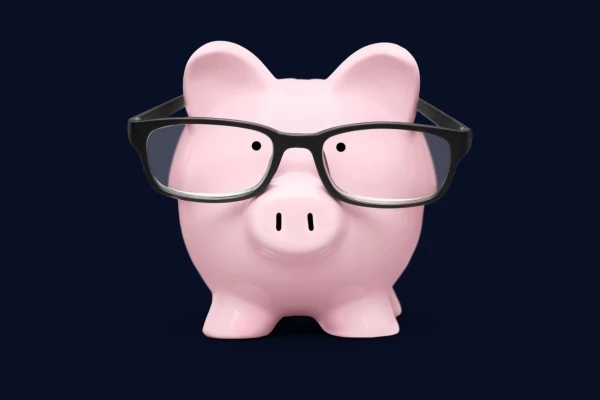What Are Income Tax Rates?
Income tax rates set out how much tax you pay on the money you earn above your personal allowance each tax year. The UK uses a tiered system with different tax bands so the more you earn, the higher the rate you pay on the portion above each threshold.
Most people pay income tax on wages, pensions, self-employed profits, rental income, and some savings or dividends. The rates and bands can vary depending on whether you live in England, Wales, Northern Ireland, or Scotland.
Understanding which income tax rates apply to you — and how to calculate your tax bill helps you budget properly and make sure you’re paying the right amount to HMRC.
Getting Started with Income Tax Rates and Allowances
Before you work out how much income tax you’ll pay, it’s important to understand the different income tax rates and how your personal allowance works. Your personal allowance is the amount you can earn tax-free each tax year before income tax rates apply.
The UK has several income tax bands basic, higher, and additional each with its own rate and threshold. Knowing which band your income falls into, and what reliefs or allowances you’re entitled to, helps you calculate your tax bill accurately and make the most of any tax-free income you qualify for.










